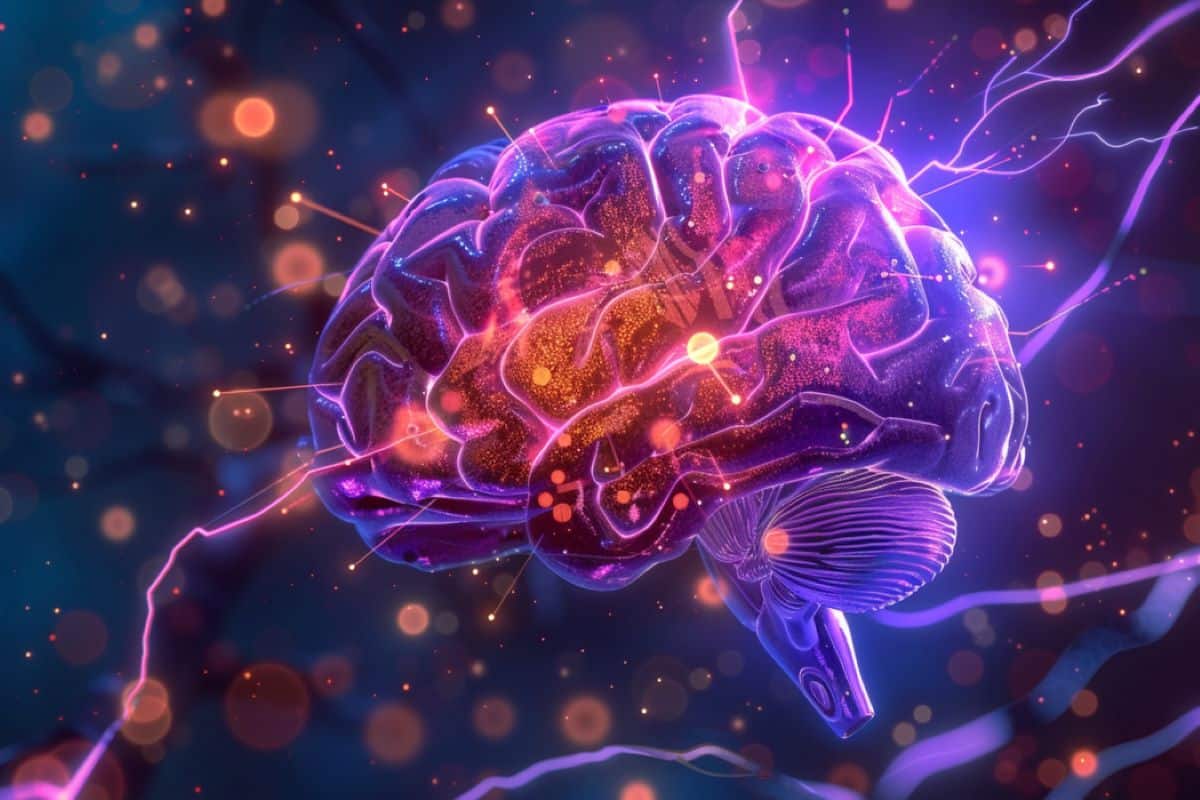
summary: The hypothalamus helps humans switch between survival behaviors like hunting and running away. Researchers used AI-enhanced fMRI scans to analyze brain activity in 21 participants playing a survival game.
Researchers have discovered distinct patterns of hypothalamic activity associated with behavioral change. This discovery highlights the critical role the hypothalamus plays in survival strategies.
Key to the facts:
- Role of the hypothalamus: Essential for switching between hunting and escape behaviors.
- Artificial intelligence and functional magnetic resonance imagingResearchers used AI-enhanced functional magnetic resonance imaging (fMRI) scans to study brain activity.
- Survival strategies: Hypothalamic activity predicts performance on survival tasks.
source: Plus
The hypothalamus is a small region of the human brain that is usually associated with regulating body temperature, hunger, thirst, fatigue, and sleep. But it also plays another important role: helping the brain and body switch between different, often conflicting, survival behaviors like hunting prey and escaping predators.
That’s the conclusion of a new study published June 27.y In an open source journal PLOS Biology Journal By Jaejoong Kim and Dean Mobbs of the California Institute of Technology in the United States and colleagues.

Previous animal studies have suggested that the hypothalamus plays a crucial role in switching between behaviors, but it has not been clear whether this is the case in humans. Studying the hypothalamus in humans poses a major challenge due to the small size of the hypothalamus; Many of its subregions are less accurate than typical fMRI scans.
In the new study, the researchers developed AI-based techniques to enhance and analyze fMRI images of the brains of 21 healthy individuals, which were captured over a four-hour period while the subjects engaged in a hunt-and-escape game to stay inside the fMRI scanner. Participants had to control an avatar, switching between hunting prey and escaping a predator.
The researchers built a computational model to explain the differences in movement patterns that characterize hunting versus escape behavior. They then analyzed how changes in movement were related to subtle changes in hypothalamic activity.
Using this approach, the team discovered that patterns of neural activity in the hypothalamus, as well as nearby areas of the brain that are directly connected to the hypothalamus, are associated with behavioral switching — at least for survival behaviors.
Moreover, the strength of these signals from the hypothalamus may predict how successful a person will be in performing their next survival mission. While the association was observed between hunting and escape behaviors, it was not observed among other behaviors.
The researchers concluded that the hypothalamus plays a key role in how the human brain switches between and coordinates survival behaviors, an important and evolutionarily beneficial function.
“The new research demonstrates the vital role that the human hypothalamus plays in switching between survival behaviors such as hunting and flight, using advanced imaging and computational modeling methods,” the authors add.
“This research also reveals how the hypothalamus interacts with other brain regions to coordinate these survival strategies.”
About this neuroscience research news
author: Claire Turner
source: Plus
communication: Claire Turner – PLOS
picture: Image taken from Neuroscience News
Original research: The search will appear in PLoS Biology

“Web maven. Infuriatingly humble beer geek. Bacon fanatic. Typical creator. Music expert.”





More Stories
SpaceX launches 23 Starlink satellites from Florida (video and photos)
A new 3D map reveals strange, glowing filaments surrounding the supernova
Astronomers are waiting for the zombie star to rise again